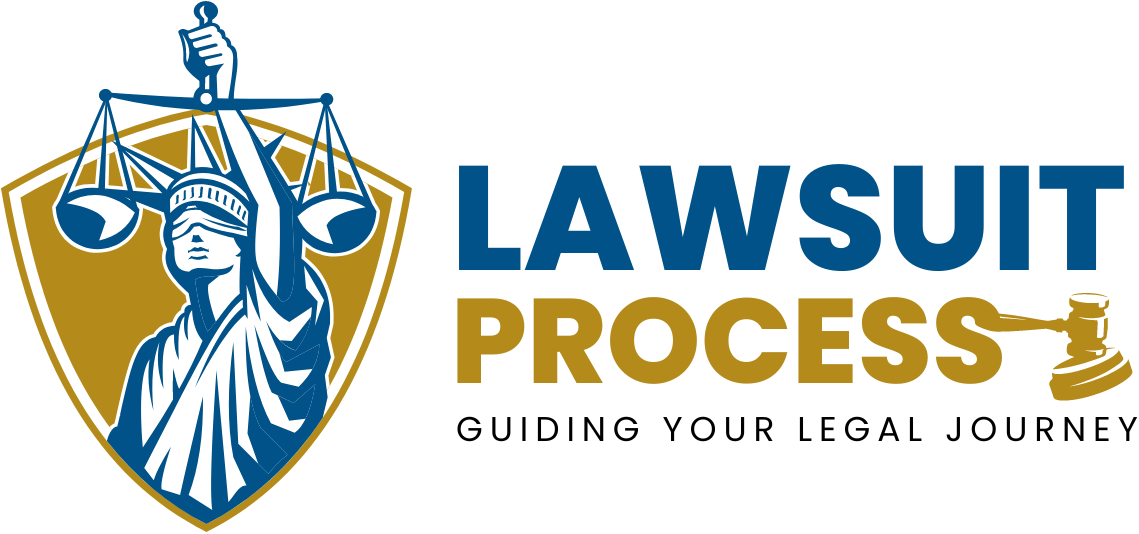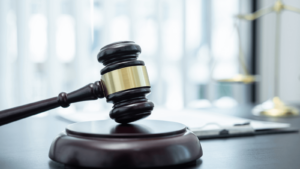Driving While Intoxicated (DWI) is a serious offense in the United States, carrying significant legal consequences that can escalate to felony charges under certain circumstances. Understanding the felony DWI lawsuit process is crucial for anyone facing such charges or for those who wish to be informed about the legal system’s approach to this grave issue.
This comprehensive article delves into the intricacies of felony DWI charges, the legal proceedings involved, and the potential consequences of a conviction.
Table of Contents
- Understanding DWI
- When DWI Becomes a Felony
- The Felony DWI Lawsuit Process
- Rights of the Accused
- Potential Defenses in a Felony DWI Case
- Consequences of a Felony DWI Conviction
- The Importance of Legal Representation
- Conclusion
1. Understanding DWI
Definition of DWI
DWI refers to operating a motor vehicle while one’s blood alcohol content (BAC) is above the legal limit set by state law, typically 0.08%. It also encompasses driving under the influence of drugs or any other intoxicating substances that impair one’s ability to operate a vehicle safely.
Difference Between DWI and DUI
While DWI and DUI (Driving Under the Influence) are often used interchangeably, some states differentiate between the two. Generally, DWI pertains to alcohol impairment, whereas DUI can refer to impairment by either alcohol or drugs. However, the exact definitions can vary by state, so it’s essential to understand local laws.
2. When DWI Becomes a Felony
Factors That Elevate DWI to a Felony
A standard DWI is typically a misdemeanor, but certain factors can elevate it to a felony charge:
- Repeat offenses
- Causing serious bodily injury or death
- Having a minor in the vehicle
- High BAC levels
Prior Convictions
Most states have laws that escalate a DWI to a felony if the defendant has prior DWI convictions within a specific time frame, often ranging from 5 to 10 years. The number of prior offenses required to trigger a felony charge varies by state.
Aggravating Circumstances
Aggravating factors such as causing an accident that results in injury or death, driving with a suspended license, or having exceptionally high BAC levels can lead to felony charges even for first-time offenders.
3. The Felony DWI Lawsuit Process
Arrest and Booking
The felony DWI lawsuit process begins with an arrest. Law enforcement officers may conduct field sobriety tests or use a breathalyzer to determine impairment. If arrested, the individual will be taken to the police station for booking, which includes fingerprinting, photographing, and entering personal information into the system.
Arraignment
At the arraignment, the accused is formally charged and informed of their rights. They will enter a plea of guilty, not guilty, or no contest. Bail may be set at this time, depending on the severity of the charges and the defendant’s criminal history.
Pre-trial Motions and Hearings
Before the trial, both the defense and prosecution can file motions. Common pre-trial motions include:
- Motion to Suppress Evidence: Arguing that certain evidence was obtained illegally and should be excluded.
- Motion to Dismiss: Requesting the case be dismissed due to insufficient evidence or legal errors.
- Discovery Motions: Seeking information from the opposing party.
Plea Bargaining
The prosecution and defense may engage in plea negotiations to avoid trial. This could result in reduced charges or lighter sentencing in exchange for a guilty plea.
Trial
If no plea agreement is reached, the case proceeds to trial. Both sides present evidence, call witnesses, and make arguments. The prosecution must prove the defendant’s guilt beyond a reasonable doubt.
Sentencing
If convicted, sentencing occurs. The judge considers various factors, including the severity of the offense, prior criminal history, and any mitigating circumstances, to determine the appropriate punishment.
4. Rights of the Accused
Right to an Attorney
The Sixth Amendment guarantees the right to legal counsel. If the accused cannot afford an attorney, one will be provided by the state.
Right to Remain Silent
Under the Fifth Amendment, individuals have the right not to incriminate themselves. It’s advisable to exercise this right until legal counsel is present.
5. Potential Defenses in a Felony DWI Case
Illegal Stop or Arrest
The defense may argue that the traffic stop lacked probable cause, rendering any evidence obtained inadmissible.
Faulty Breathalyzer Tests
Breathalyzer devices must be properly maintained and calibrated. Faulty equipment or improper administration can lead to inaccurate BAC readings.
Improper Police Procedure
Failure to read Miranda rights or other procedural errors can be grounds for dismissing charges or suppressing evidence.
6. Consequences of a Felony DWI Conviction
Legal Penalties
Felony DWI convictions carry severe penalties, which may include:
- Prison sentences ranging from one year to several years
- Hefty fines, potentially thousands of dollars
- Mandatory alcohol education or rehabilitation programs
License Suspension or Revocation
A felony DWI conviction often results in the suspension or revocation of the driver’s license, sometimes permanently.
Impact on Employment and Personal Life
A felony record can have long-term effects on employment prospects, housing opportunities, and personal relationships. Felons may also lose certain civil rights, such as the right to vote or possess firearms.
7. The Importance of Legal Representation
How a Lawyer Can Help
An experienced attorney can:
- Navigate the complex legal system
- Develop a strong defense strategy
- Negotiate plea deals
- Advocate for reduced sentencing
Choosing the Right Attorney
When selecting legal representation, consider:
- Experience: Look for attorneys specializing in DWI cases.
- Track Record: Assess their history of successful defenses.
- Communication: Ensure they communicate clearly and keep you informed.
- Reputation: Read reviews or seek referrals.
Conclusion
Facing a felony DWI charge is a daunting experience with potentially life-altering consequences. Understanding the legal process and the rights afforded to the accused is essential. While the journey through the legal system can be complex, proper legal representation can make a significant difference in the outcome of the case.
It is crucial to take these charges seriously and to engage with knowledgeable professionals who can guide one through this challenging time.










